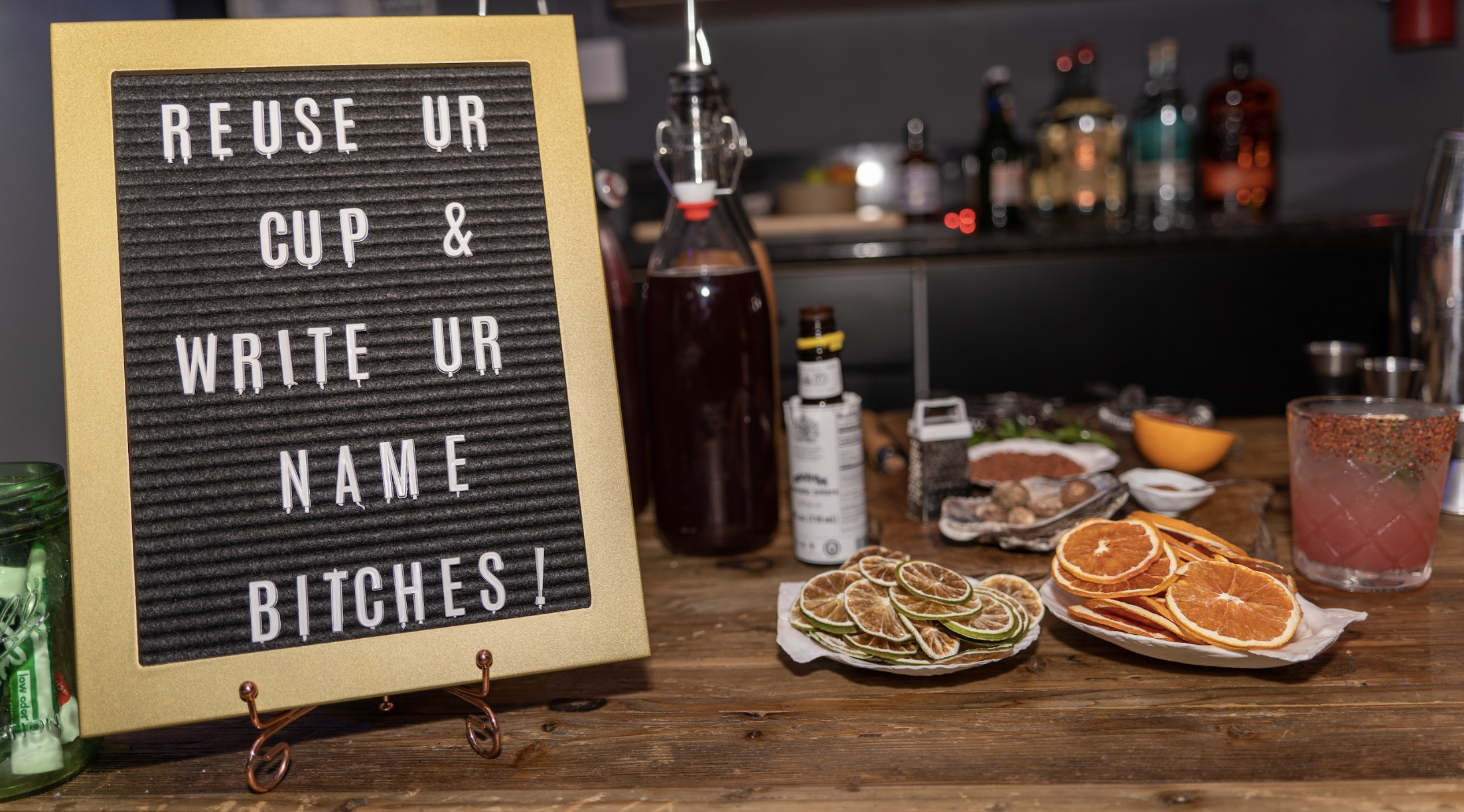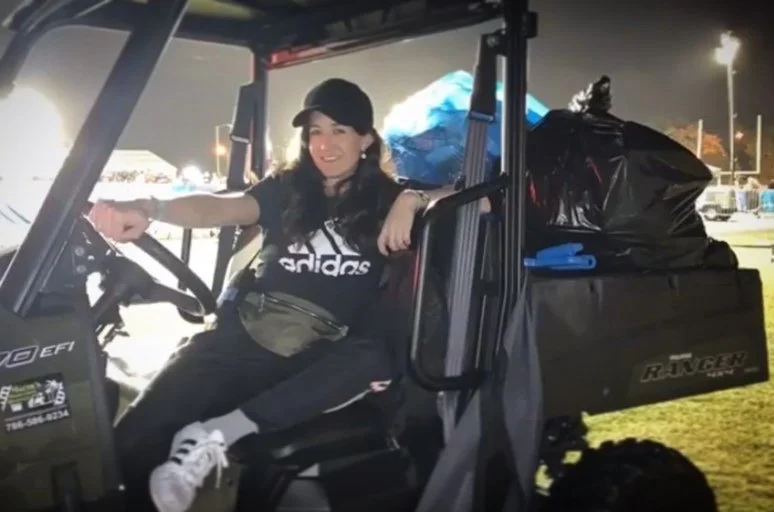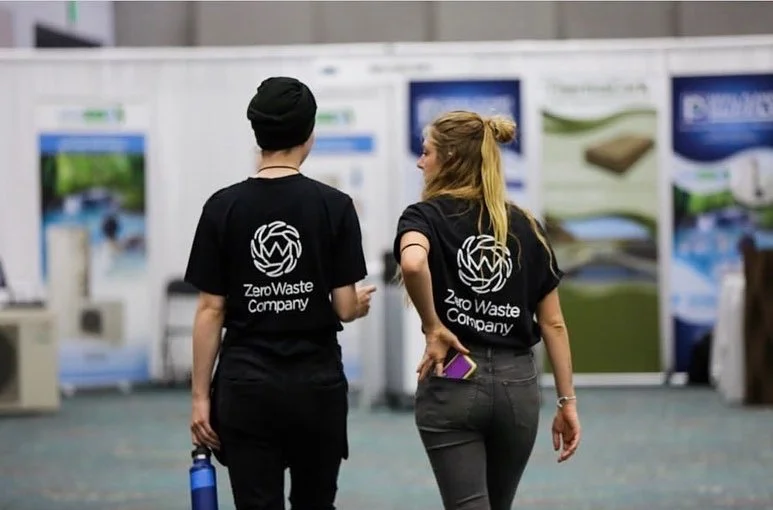#10 Events
It’s all in the planning
Season 2, Episode 10
This episode will help anyone planning an event for up to 200 guests to reach a goal of diverting at least 80% of waste from going to a landfill. It will focus on small steps to make an event more sustainable behind the scenes. The key is in the planning phase. Take the time to know how many are attending, what materials for decor can be reused after the event, and how guests receive and consume food and drinks. These three steps seem easy, but they will take some planning.
Listen to this episode to hear stories from Sofia (host) as she shares ten years of experience as a Zero Waste event consultant.
Some words from Sofia:
It's 2023, and Michelle and I are excited to launch Season 2 of the Zero Waste Lifehacks Podcast. Thanks so much for tuning in. Michelle and I have been working in the special events industry for the past two decades. Michelle as a DJ and me as a Sustainability Consultant. Whether it's a wedding, product launch, gala, or business conference, all gatherings have the same objective: to engage with attendees in a meaningful and multi-sensory way. Special events create a tactile experience that builds a strong, memorable, and emotional connection with people. I love the phrase "If you can dream it, you can do it" because it is true. With a winning team and a big budget, there is no limit to what humans can create, and it's pretty fascinating. However, it's also unfortunate when you start to think about all the resources that go into executing a successful event and the fact that it only lasts a few hours. HOURS! I've seen so many events take weeks to build out and then be wrapped entirely within 48 hours of the event ending, leaving the site as if nothing ever happened. The process never ceases to amaze me.
If you work in special events, here is the main thing that makes a huge difference - once you try it - it's hard to do it any other way. So here it goes: Encourage staff to bring a reusable water bottle and provide a refill station. Add it to emails and the call sheet - let folks know it is a recommended practice. Even those 2.5-gallon water jugs from the drugstore are better than individual plastic water bottles. With a reusable water bottle, you can quickly identify which one belongs to you, and if you put it down someplace, you are more likely to trace back your steps to retrieve it. When productions offer just a cooler full of water, nobody writes their names on them. People put them down, forget where they left them, and get a new ones. Or there are so many plastic water bottles lying around that it gets confusing to remember which one is yours - so you go and get a new one. And what do people do on a hot day when that ice-cold water bottle suddenly turns to room temperature? They get a new cold one. By the end of the day, that's several half-drunk bottles lying around that belong to just one person. Depending on the weather, it depends on how many plastic water bottles a single staff person will use - but it has to be at least 3 per event day - if I had to make a very conservative guess. Providing a sharpie for people to label their water bottles increases the chance that someone will take more than just a few sips of water.
Then there's recycling.
Recycling should be the last step we take to be sustainable, but you wouldn't believe how many productions skip on ordering a recycling bin and opt for one big giant dumpster. Of course, it's a lot cheaper to throw everything away. But that's precisely the problem. Once we put things in the trash, we tend not to think about them or where they will end up - they go "away" It's time to start reframing the way we look at waste and view it as a resource instead. Waste is just a material that is no longer useful or can no longer fulfill its intended purpose - but you know the saying, "One person's trash is another person's treasure" If we start to view trash as simply a material that needs to be managed instead of something we need to go away, we might start seeing that trash can have some value. Maybe not for you, but most certainly for someone else. You may still use plastic water bottles for your crew. At least separate them from the trash. Because even if you don't recycle them, someone on the job would be happy to take those plastic bottles to redeem them for cash - even if that person isn't you.












